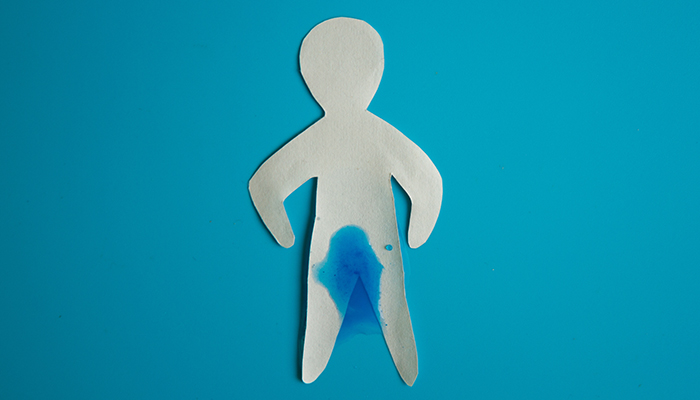
There are many undergarments designed to help with incontinence. They can’t prevent it, but they can help your loved one feel more comfortable with outings and retain their dignity despite the embarrassment of accidents.
Not all products are the same. Choose what’s right for the situation and need. For outings, aim for a garment that isn’t noisy or bulky. At nighttime, use a product that fights leakage and is easy to change in bed.
There are three basic categories of products created to absorb accidents.
- Pads or guards that are slipped into body-hugging regular underwear.
- Pull-on pants that closely resemble regular underwear.
- Briefs that open easily along the side yet gather at the leg for heavy-duty protection.
Your loved one may feel embarrassed by their incontinence and need for assistance. Use these strategies to help reduce emotional and physical discomfort:
- NEVER say “diaper.” Call them “modern briefs” or “new-fangled underwear,” or anything that steers clear of reference to infants. Make sure others do likewise.
- Use humor and a team perspective. It’s not the person that’s the problem, but a “misbehaving” bladder or bowel. For instance, you might say, “Looks like your bladder is going to give us a run for our money today, Mom!”
- Eliminate odors. The sense of smell declines with age, so your relative may not be aware of personal odor. Over-the-counter pills containing chlorophyllin copper reduce the odor of urine and feces. For sheets and clothing, add white vinegar or baking soda to the wash before the final cold-water rinse.
- Clean thoroughly to prevent skin breakdown. Use water, but not soap. Alcohol-free wet wipes are best. Air dry or use a soft cloth, not toilet paper. Then apply a moisture-barrier cream and/or cornstarch-type powder, not baby powder. A thorough cleaning is often difficult for elders to accomplish without assistance.
- Be prepared. Always carry cleanup supplies and extra disposable underwear and clean clothes. Have your relative use the toilet before leaving home.

